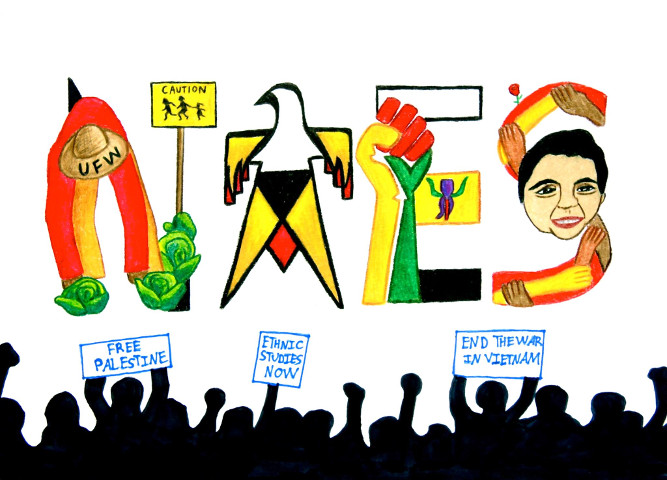Ethnic Studies Review

Orginal Publication Date
2008
Journal Title
Ethnic Studies Review
Volume
31
Issue
esr/vol31/iss2
First Page
206
Last Page
208
Abstract
The stories documented in this book about Inuit entertainers in the United States reveals important events and circumstances pertaining to the lived experiences of Esther Eneutseak and her daughter Columbia, "the only Eskimo born in the United States," during a time period (1890s-1920s) when the indigenous peoples to North America participated in world fairs and expositions as living exhibits. Were these indigenous people as cultural performers in control of their own lives? Did they possess the power and authority to make their own decisions on their own terms? In an attempt to answer these questions, the author, Jim Zwick, makes use of primary sources, newspapers, magazines, ship manifests, and census records to piece together the lives of these two Inuit women who, according to him, were more than objects of curiosity to the people that viewed them and saw their performances. Rather, he asserts that they, as well as Inuit entertainers in general, possessed "various levels of control" and "were neither passive nor powerless" despite the fact that they experienced "some of the worst conditions faced by performers in ethnic villages at world's fairs and expositions" (pp. 4-5).
Rights
Copyright ©ESR, The National Association for Ethnic Studies, 2008



Comments
Cultural Insights: Practices and Policies